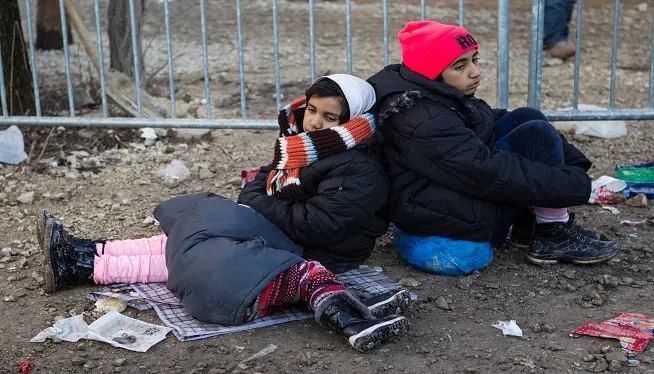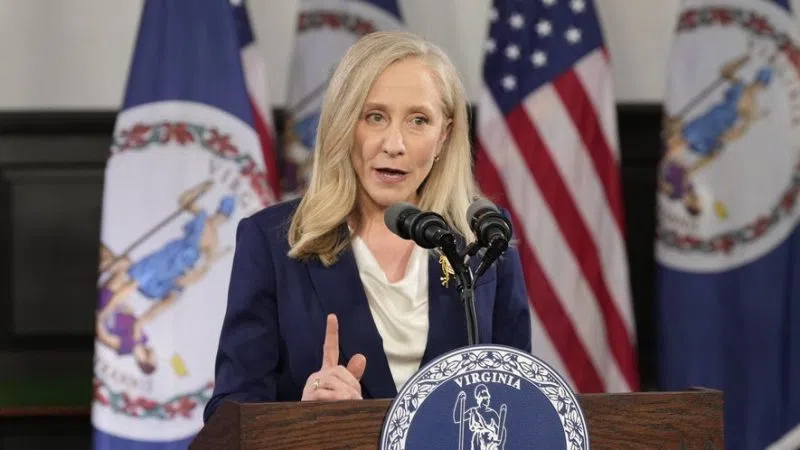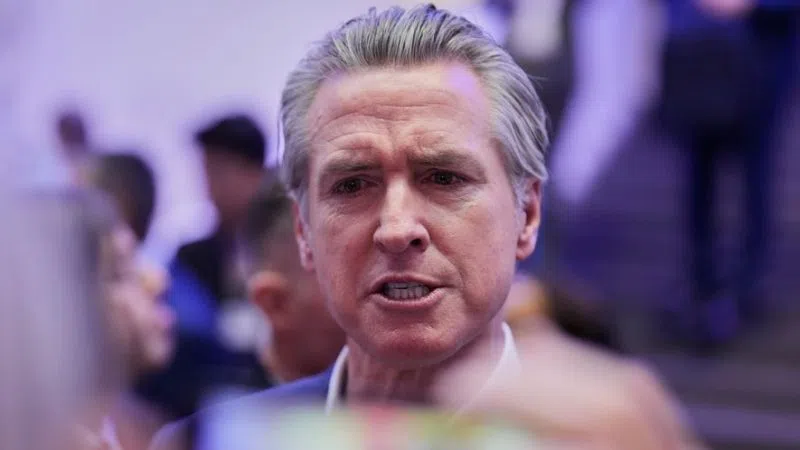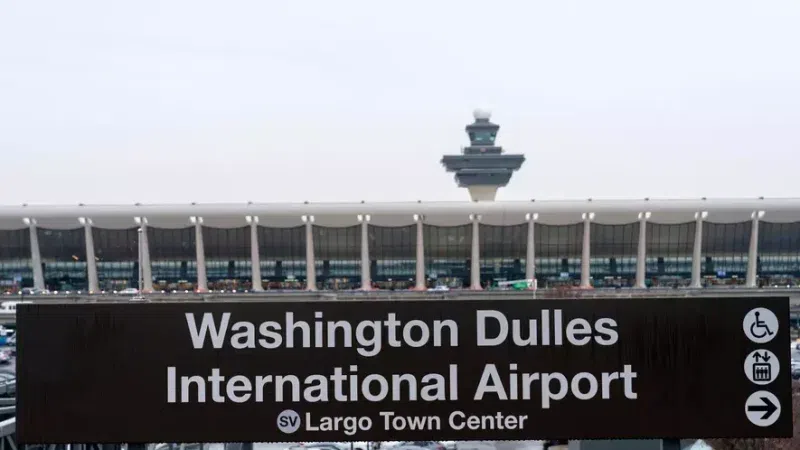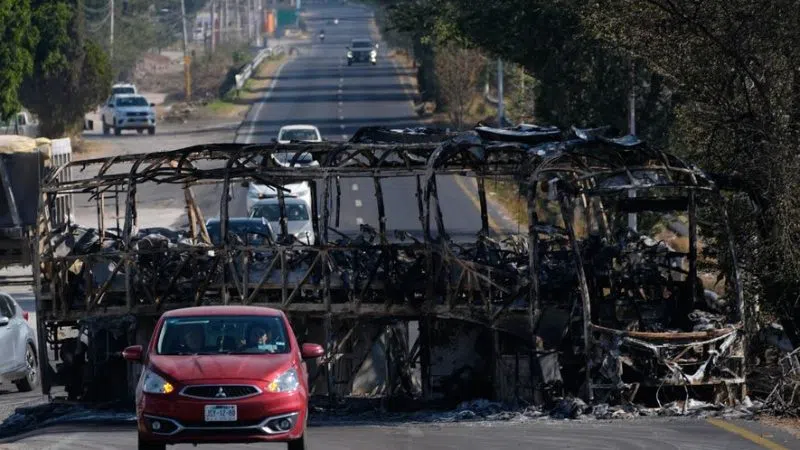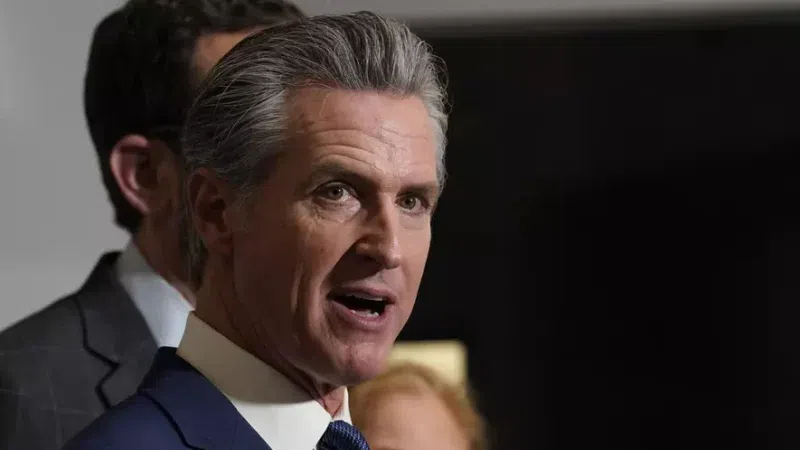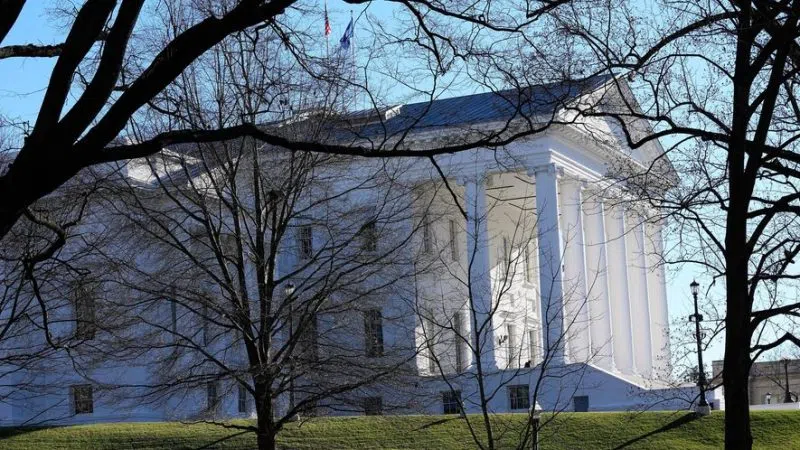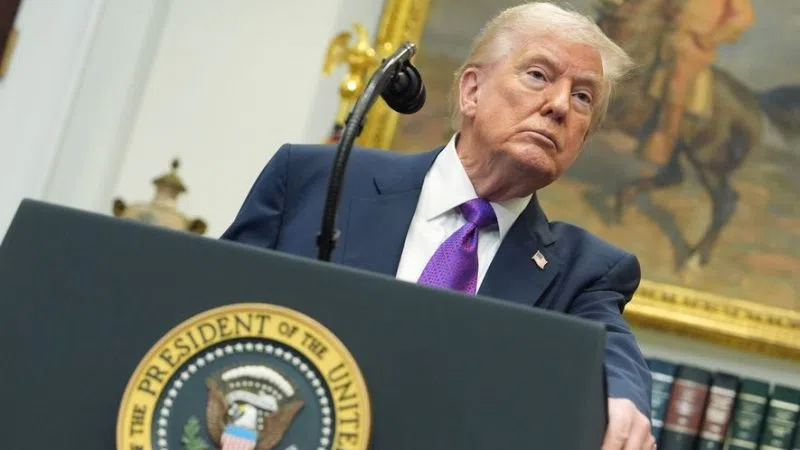(CNN) — The world faces a very big test in Syria in two days. And it may well fail it.
Last Friday, the world’s most powerful diplomats met in Munich, Germany, and agreed to a cessation of hostilities to let in food and medicine to starving and ailing civilians starting this Friday.
In the meantime, that ray of hope for a first real moment of peace after five years of bloodshed, after the taking of 250,000 lives, is fading. Leaders have traded accusations and denials, and officials have openly doubted it will ever really happen.
Starvation
But it must happen, says Steffan de Mistura, who gave an exclusive interview to CNN. As the special envoy of the secretary-general for Syria, he’s the U.N.’s right hand there.
“It’s not important. It’s essential, crucial,” he said. There are many reasons why, but the most important one is the suffering of 400,000 people living under military siege by parties to the civil war.
“The people have been literally starving, and when they are not starving, they are very close to it.”
Images of emaciated people in Madaya, who resorted to making soups out of grass and leaves while dozens died of hunger, shocked the international community into action in January.
Aid was delivered, but aid organizations believe there are more Madayas in Syria.
Trust
Making a cessation of hostilities work is a matter of trust, about building it in Syria and around the world, de Mistura said.
“This is a test. It is a test on what was decided in Munich. In Munich it was clearly a commitment by everyone to ensure this would be happening.”
But initial hope formed at the negotiating table began cracking not long after U.S. Secretary of State John Kerry, Russian Foreign Minister Sergey Lavrov and dozens of other chief diplomats from around the world stood up from it on Friday.
“What we have here are words on paper. What we need to see in the next few days are actions on the ground,” Kerry said then.
Bombs
Two days later, while diplomatic teams in Geneva worked out finer points of the cessation, bombs pelted a Damascus suburb. And distrust simmered.
“We’re very skeptical,” said one European diplomat anonymously. “We’ve seen before with Russia that they tend to not necessarily respect this kind of agreement,” he said.
On Monday, airstrikes slammed down on two hospitals and a school, and accusations flew. Washington blamed the Syrian regime and Russia. Syria blamed one strike on the United States, which said it carried out no military operations in the areas attacked.
On Tuesday, the tone sharpened, when a U.S. State Department said of Russia’s stance on the fighting, “It’s put up or shut up.”
And Syrian President Bashar al-Assad said “no one” was capable of making the fighting stop.
Results
In the end, what matters is what happens starting Friday. De Mistura asks from all sides that they stop firing and let aid convoys get through.
Real success is measured in how many mouths they are able to feed.
“Are we able to actually reach as many people…in the next few days, hours; at least six to seven locations, which include both besieged by the government and by the opposition?” he asked.
And it is measured in the peace people experience.
“The people are not besieged by weather, they’re besieged by human beings that are fighting a horrible war,” he said, “and therefore the cessation of hostilities is crucial.”
The-CNN-Wire ™ & © 2016 Cable News Network, Inc., a Time Warner Company. All rights reserved. (Photo: CNN)
